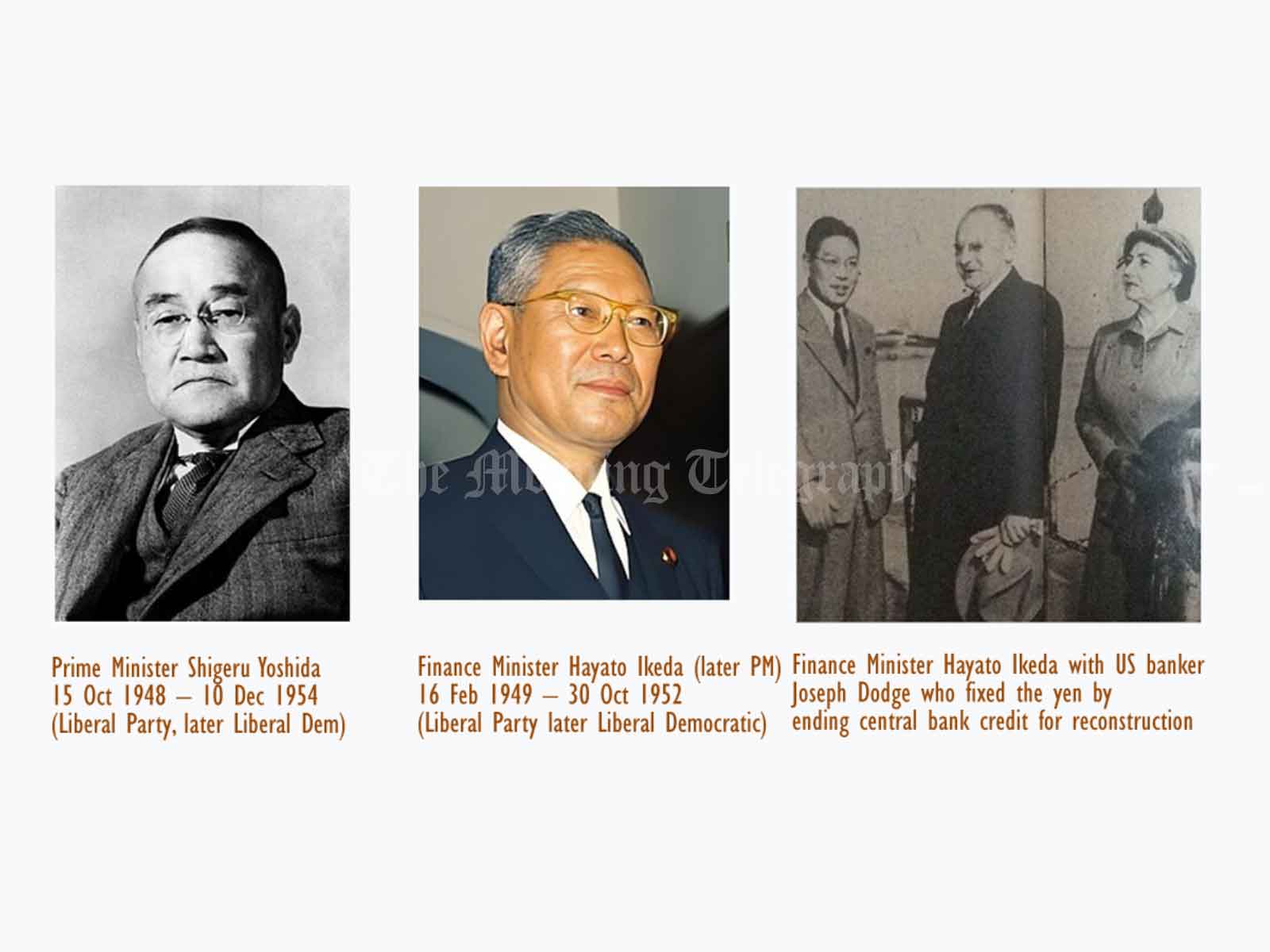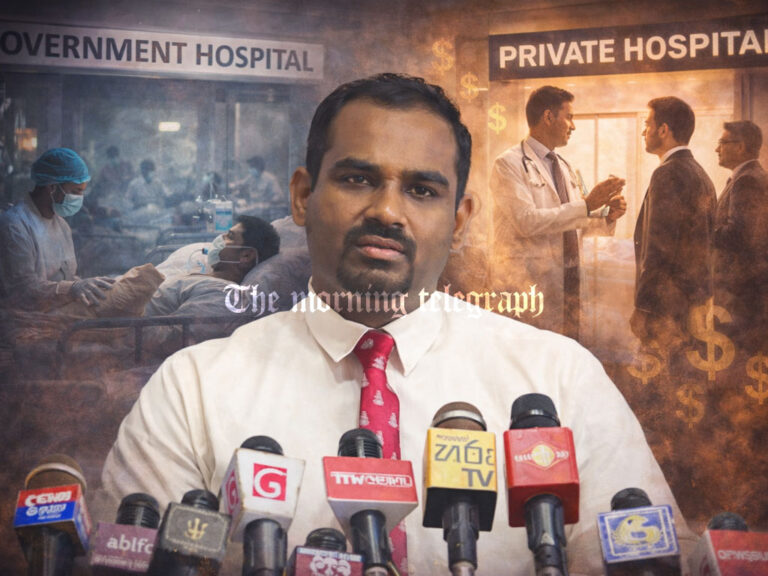
Colombo, Sri Lanka (October 3, 2024) — Japan’s Ambassador to Colombo, Mizukoshi Hideaki, emphasized that Sri Lanka can draw valuable lessons from Japan’s historical experiences, particularly during the Meiji Restoration and the subsequent economic stabilization under the Dodge Plan. He made these remarks while addressing the JICA Chair Special Programme this week.
Currently, Sri Lanka is undergoing an International Monetary Fund (IMF) program aimed at restoring monetary stability after facing severe economic crises, including its first sovereign default. Ambassador Mizukoshi highlighted Japan’s successful recovery from crises, sometimes spurred by external pressures, as a model for Sri Lanka to consider.
The Meiji Restoration of the late 19th century marked a transformative era in Japan, transitioning from a feudal society to a modern nation-state. Ambassador Mizukoshi explained that this period was characterized by significant reforms, which included the dismantling of the Samurai class and the establishment of a centralized government. The government actively promoted industrialization, developing a banking system and infrastructure like railroads. Additionally, a national education system was established, inspired by Western models, ensuring universal education and literacy. He noted that foreign pressures, such as the arrival of Commodore Perry’s fleet, played a crucial role in prompting these reforms.
After World War II, Japan underwent significant changes under U.S. occupation, emphasizing the transformation into a democratic and peaceful nation. Ambassador Mizukoshi referenced Joseph Dodge, whose recommendations on economic policies helped stabilize Japan’s post-war economy. The Dodge Plan focused on balancing the national budget and combating inflation, paralleling the role of the IMF in Sri Lanka today. Furthermore, experts like Carl Shoup assisted in creating a fair and efficient tax system, setting the stage for Japan’s economic miracle.
Ambassador Mizukoshi stressed the importance of embracing external pressures as catalysts for reform, noting that economic reforms—such as those related to taxation and state-owned enterprises—may be unpopular but are essential for long-term stability and growth. He referenced India’s economic reforms in 1991, which transformed the nation into a rapidly growing economy after similar engagements with the IMF.
The ambassador also touched on the significance of tackling corruption, highlighting Japan’s progress in this area since the introduction of the Political Funds Control Act under U.S. occupation. Today, Japan ranks 20th out of 180 countries in the Corruption Perception Index by Transparency International.
In conclusion, Ambassador Mizukoshi asserted that while Japan’s reforms were often driven by external pressures, they ultimately led to significant advancements. He encouraged Sri Lankan leaders to view their current challenges not as weaknesses but as opportunities to implement wise and transformative policies for the country’s future.




